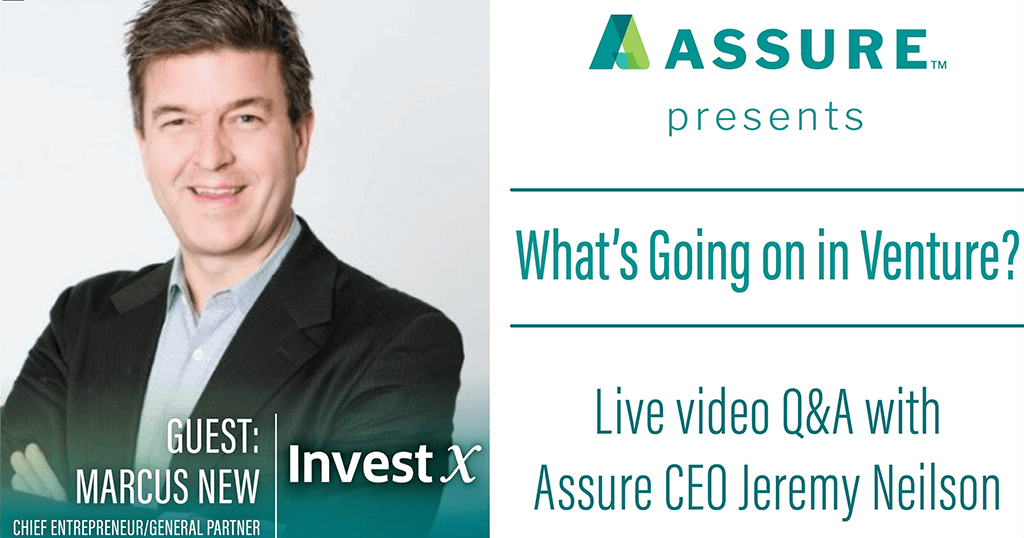
Private market inefficiencies bring tremendous upside.
Talk to us about the breakdown of the public and private markets.
Marcus: So, for public markets, general liquidity and access to information, but that’s also the disadvantage of the market. The market’s highly efficient as a result of that, right, and so professional investors can hurt unsophisticated investors. We’ve seen that with Robin Hood investors, for example. The public markets piling into stocks where professional investors are beating them up to create more momentum and then crushing them down. These are guys who have lots of capital that know how to invest, and so the markets are super efficient, but they’re hard to make money in because they’re so efficient. The private markets, on the other hand, are incredible opportunities. It feels like it’s kind of gold rush California from a number of centuries ago, where the markets are so inefficient that if you can be a specialist there and apply the same types of things that you see in the public markets, you can be very successful.
The problem is it’s just really hard to do really really hard to do because information is very difficult to get access to and there’s no liquidity, so the things that are benefits of the public markets are actually the opposite in the private markets, but we just are so excited about the private markets, the quality of companies there are so outstanding, the entrepreneurs that have built these organizations and they’re running these companies are changing the world in a lot of aspects, and and we’re really fortunate to be able to partner with those issuers to be able to be long-term shareholders, and then be able to create access to more investors to be able to put these into their portfolio, many of our investment partners, our limited partners, own these companies when they go public. They still own them for years and years and years and years because they’re such high quality companies, but the great thing is you can make money here, and you can make money very consistently.
Talk to us about the circumstantial opportunity right now in the private market.
Marcus: “So there was some really great ways to purchase because there was a lot of distressed sellers and distressed sellers in private markets, very difficult to get quick liquidity, and so you can take advantage of discounted prices there. The other thing that’s happened there, though, which I think is really really positive for the private markets is that the valuations are actually just a lot lower. We’re looking at a SAAS company, for example, that we were buying at four times ARR, so under recurring revenue, the public markets are 15 to 30. That’s a huge disconnect, buying it 4, versus 15 or 30, and these are companies with that growth rate that I was talking about, 30, 40 plus growth rate, that they’re adding to their business, and substantive businesses, hundreds of millions of dollars in ARR, so I think there needs to be a rotation out of large public tech and into large private tech because there’s such a disconnect in value. If the markets go down, which we believe they will once the stimulus spending kind of works its way out if it, can’t bridge to the vaccine, that’s going to have the economy going at the same pace or close enough to the same pace that there won’t be a bump, the market’s betting that that’s the case, so every stimulus bill that comes up, they say that’s great we got another three months of the market bridging until we got a vaccine, and the world can go back to the party that it was a year ago. So, if there’s a gap at all in that, then there’s going to be a problem in the market, and so this is where actually being really in the private market is really beneficial from a hedging perspective, because if you’re buying it at 25 or 50 percent of the public company valuations right you’ve got a natural hedge there that’s significant, really significant, and so I think investors should be considering rotating out of large public equities, tech public equities, and into large private tech equities, because the disconnected value is so extreme, and if the market stays the way it is, and these companies go public, then you get all the benefit of those things. You just get more IRR, so you got a natural hedge on the downside, you get more internal return on the upside, which is terrific.
Sources:
Recent Posts
- Private Markets Review – Q1, 2025 14th Apr 2025
- xAI and X.com Merger: InvestX Analysis 10th Apr 2025
- xAI has acquired X: InvestX initial reaction 07th Apr 2025
